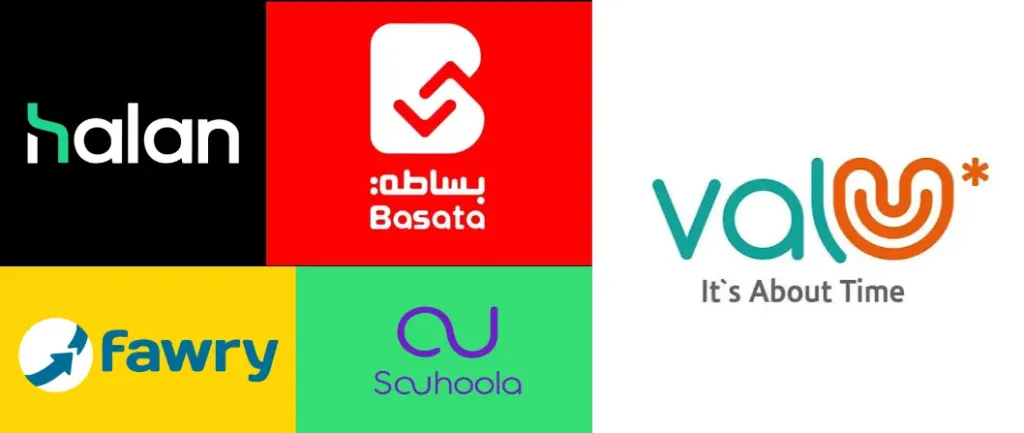The 0% Trap and the Installment Dilemma: How Consumer Finance Platforms Are Surpassing Bank Interest Rates

Consumer finance companies such as Valu, Halan, Souhoola, and Fawry Finance are flooding the Egyptian market with attractive offers promising «zero down payment» and «zero interest», making instant purchasing decisions more tempting than ever. Yet behind the convenience of fast approvals and easy-to-use applications lies a financing structure that often carries significantly higher costs, with the effective annual percentage rate (APR) in many cases exceeding the interest rates charged by traditional banks.
Marketing Glamour Concealing Actual Costs
While these platforms promote seamless shopping and flexible installment plans, the real cost of financing is frequently unclear. Consumer complaints have increased regarding administrative fees, compounding interest, and uncertainty about the «total amount payable» before signing a contract.
The Core Issue: The Missing APR
Most advertisements highlight the «small monthly installment» while downplaying the APR, the only metric capable of revealing the true cost of financing, including interest and administrative fees. Without this figure, consumers are left to assess affordability based solely on the monthly payment, rather than the full financial burden.
A Startling Gap Between Banks and Fintech Lenders
Bank lending rates in Egypt typically range between 30% and 33.6%, according to prevailing credit conditions. By contrast, market estimates indicate that the effective APR charged by some consumer finance platforms may exceed 40% to 50%, particularly for longer tenors or new customers with limited credit histories.
The Illusion Behind «0% Interest» Offers
Promotions marketed by platforms such as Souhoola and others often apply only to very short repayment periods, typically between 3 and 12 months, and exclusively at select partner merchants. As a result, the overwhelming majority of customers shift to longer installment plans that carry considerably higher interest rates, turning «0% interest» into a conditional and highly limited marketing tool.
Hidden Fees: Administrative Charges and Payment Network Costs
The final financing cost rises further due to a range of additional fees:
Administrative fees: A fixed percentage of the financed amount, sometimes up to 5%, is deducted upfront or added to the total payable value.
Payment network charges: When installments are paid through networks such as Fawry, customers incur additional service fees, increasing the monthly burden, even though Fawry itself operates a competing consumer finance arm in the same market.
The Rise of Cash-Out Practices
Recent regulatory restrictions on cash-out transactions – where financing is converted into cash rather than used to purchase goods – highlight the misuse made possible by the ease of obtaining credit. Companies argue that higher interest rates are necessary to offset the increased risk resulting from such practices.
Consumer Protection: Reading Between the Lines
Consumer finance plays a vital role in stimulating economic activity and expanding purchasing power, but genuine transparency is essential to ensure consumer protection. Experts urge customers to focus not on the small monthly installment, but on the «total amount paid» over the entire financing period, and to request a full amortization schedule before completing any purchase.
A Clear Call for Regulatory Action
Under Egypt’s Consumer Finance Law No. 18 of 2020, market experts are calling on the Financial Regulatory Authority (FRA) to enforce strict rules requiring all consumer finance platforms to display the effective APR prominently at the top of every advertisement and contract. Such measures are considered crucial to safeguard consumers and ensure fair, transparent lending practices.


